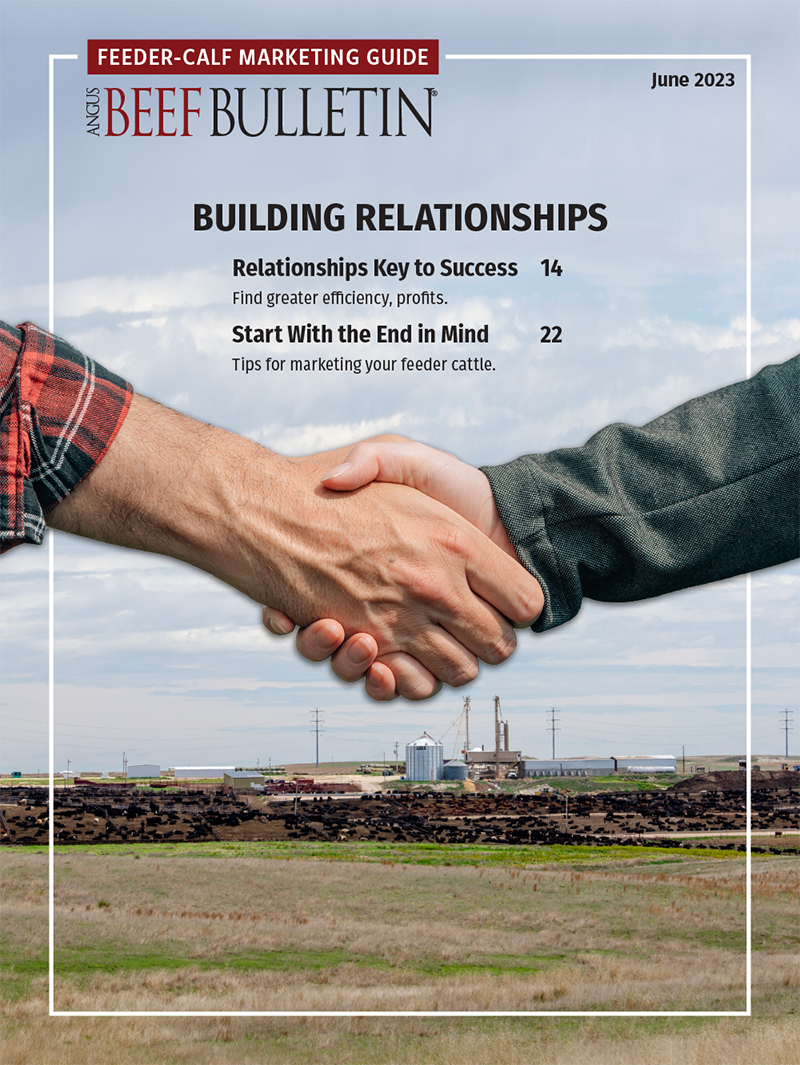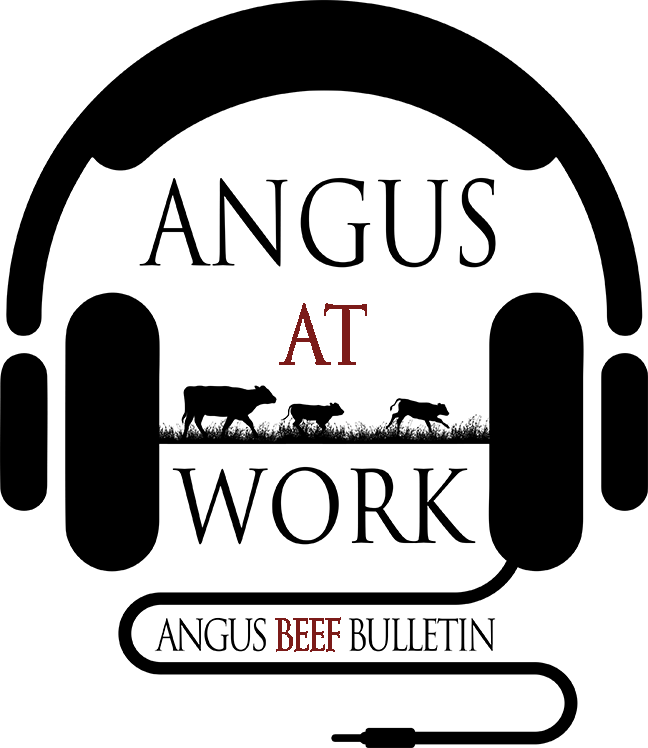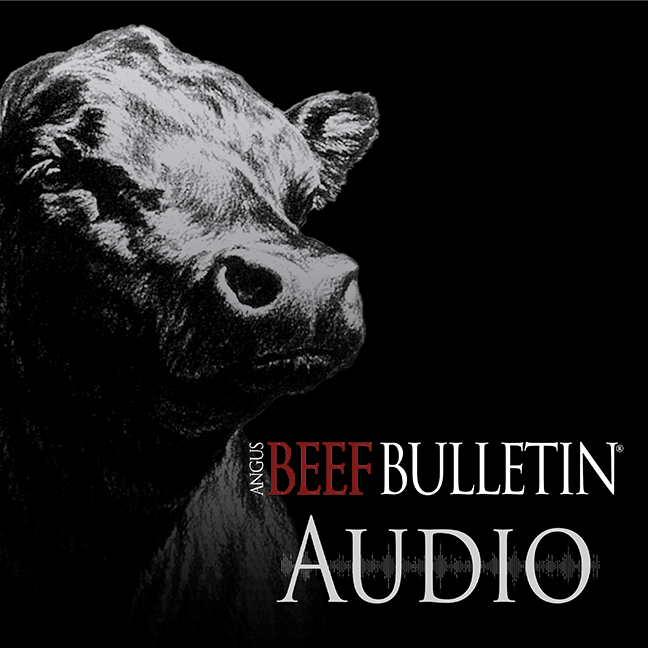

Association Perspective
Check your herd bull’s fertility.
We cattlemen do our best to prepare for Mother Nature and her temper tantrums. Yet, as we all know, she loves to surprise us thoughout the year with winter blizzards, summer droughts, wildfires and floods. With all these environmental factors affecting our operations, winter seems to have the most effect on reproductive performance.
Without a doubt, our mature herd bull is the backbone of our operation’s success. It’s important we evaluate these bulls with a breeding soundness exam (sometimes referred to as a BSE) prior to turnout this spring to ensure they came through the winter fertile and ready to work. The cost of having these bulls tested will seem very small in comparison to a list of open cows at pregnancy check.
A study performed at the University of Missouri found that of 65 yearling bulls (less than 2 years old) that passed their initial breeding soundness exam, only 58 of those bulls passed a subsequent exam when tested at 3 years old. Reasons were many — injury, disease, fever and extreme environmental events.
Bull infertility can cause a substantial loss to your operation’s bottom line. Open cows don’t pay for themselves.
It’s important to semen-test your mature herd bulls at the proper time. Performing yearly breeding soundness exams too soon after extreme weather events can negatively affect results. Cold temperatures can cause semen quality to dramatically drop and, without proper shelter, can put bulls at risk of testicular frostbite.
On average when a bull is servicing a cow, he’s breeding that cow with semen produced 30 days ago. That’s important to remember when semen-testing these bulls so close to cold weather events. Your semen sample was created in a hostile environment. Veterinarians recommend testing your mature herd bulls 45-60 days after an injury or severe weather event.
There are other factors besides semen quality to consider, including a bull’s physical ability to get the job done. Be sure to conduct a physical examination, observing the bull’s feet and legs, vision, general condition and desire. Bulls need year-round care, including proper nutrition, shelter and management during the nonbreeding months. I think we are all a little guilty of putting our herd bulls on the back burner after the breeding season; but trying to mitigate some issues is worthwhile in the long run.
A bull should be treated like a tractor. A tractor can’t be expected to complete a hay season without a full tank of fuel, inflated tires, and constant maintenance and care. You can’t expect your bull to perform to the best of his ability without all the basic care first.
Editor’s note: Reese Tuckwiller serves as regional manager for Region 1, covering Connecticut, Delaware, the District of Columbia, Maine, Maryland, North Carolina, New Hampshire, New Jersey, New York, Pennsylvania, Rhode Island, Vermont, Virginia and West Virginia. Click here to find the regional manager for your state. [Lead photo by Lindsey Sawin.]



